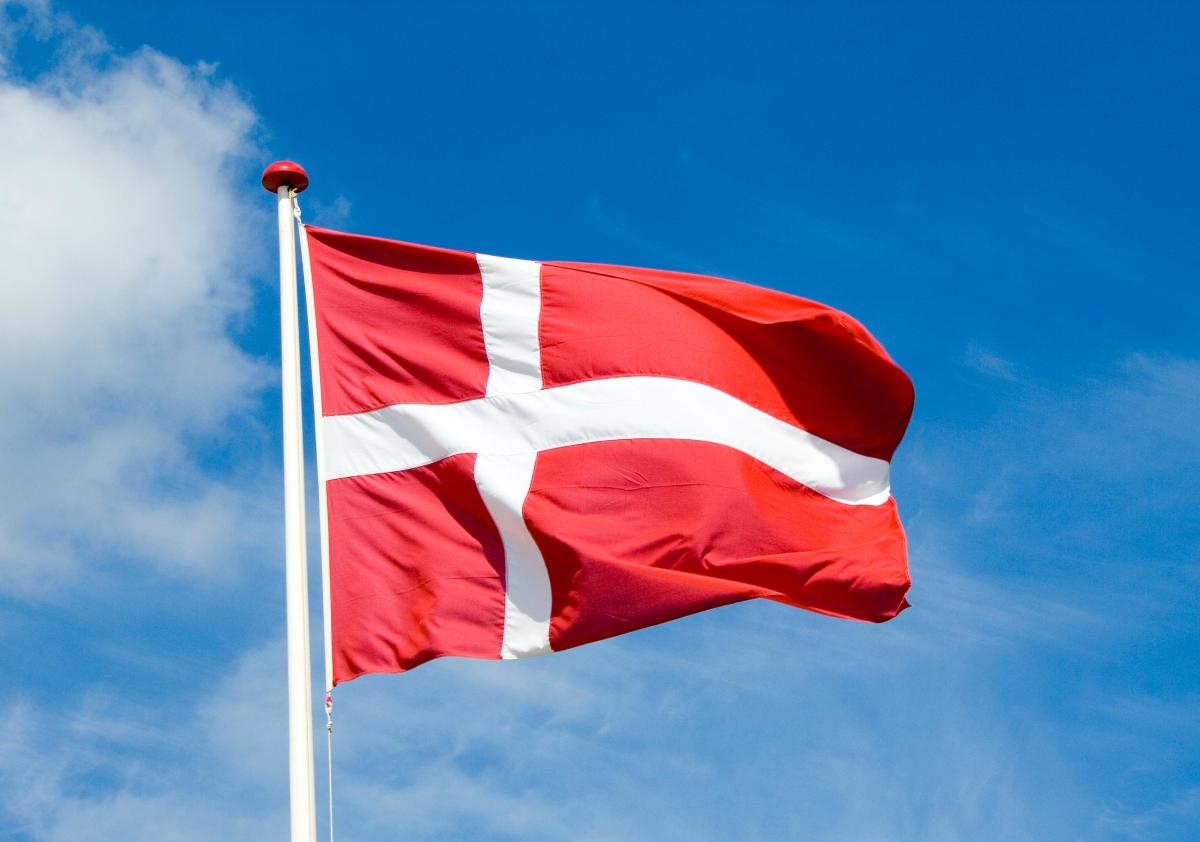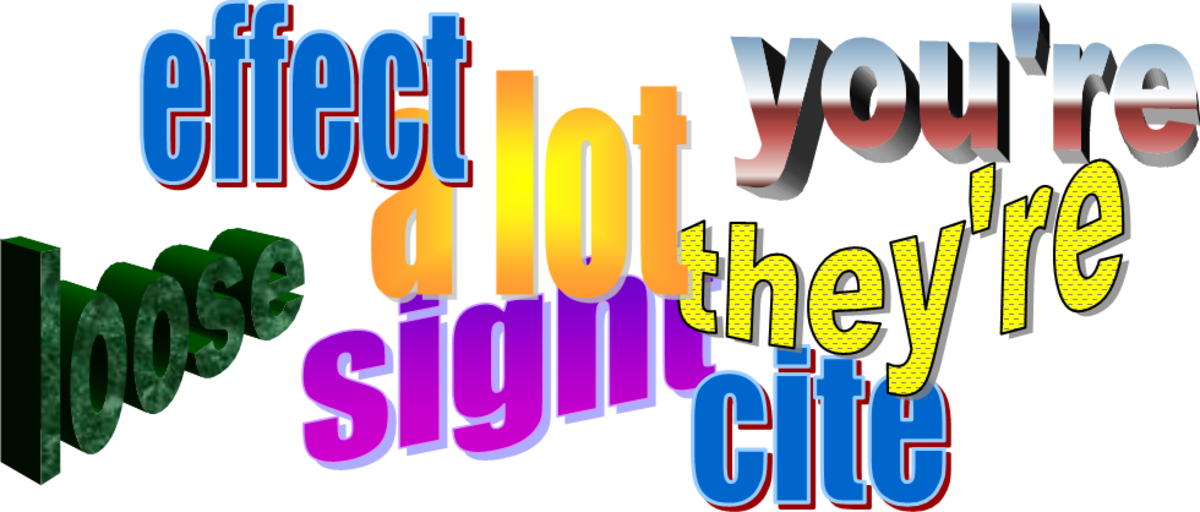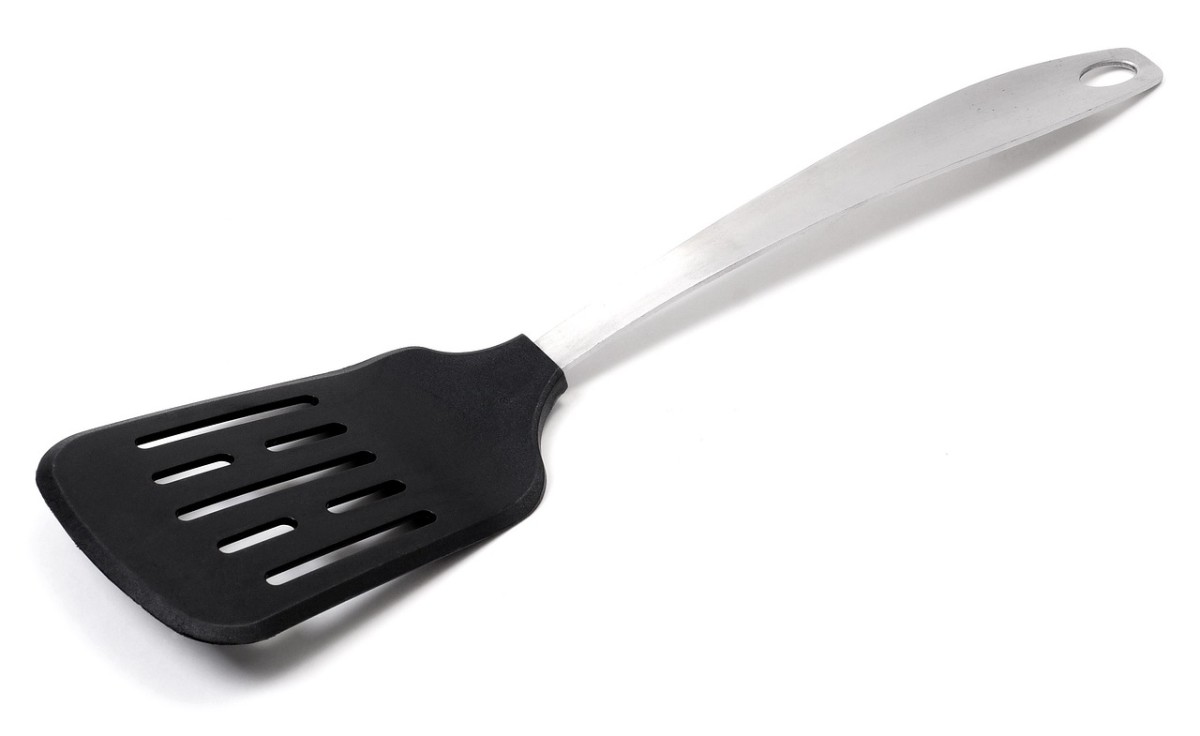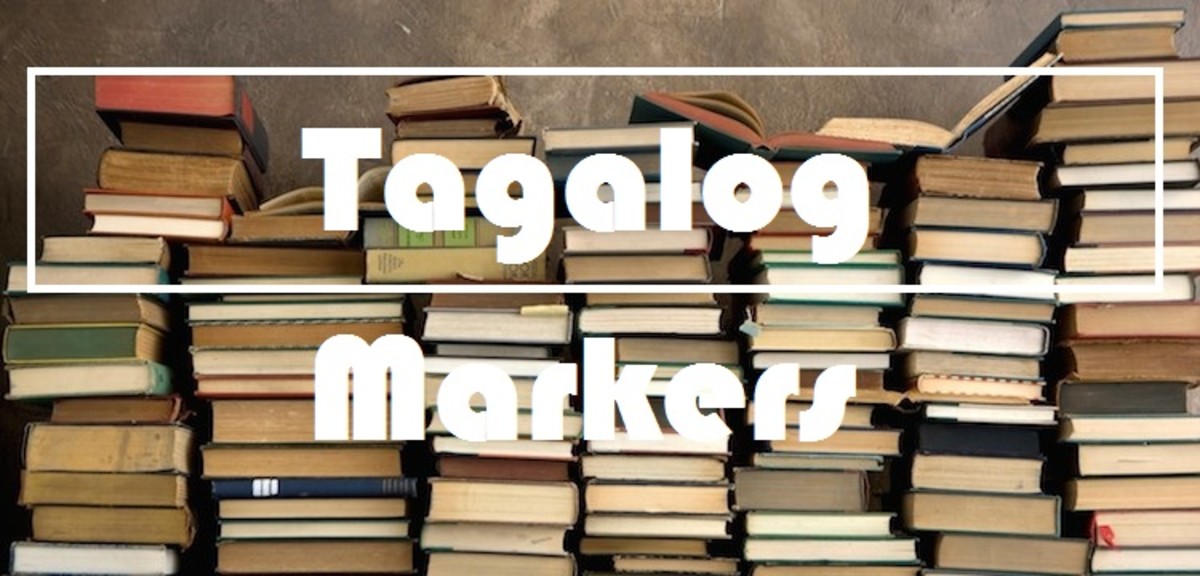Learn Basic Estonian
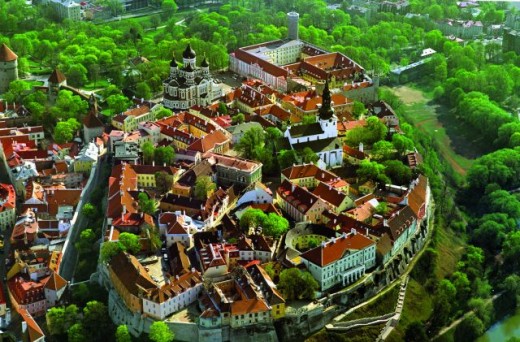
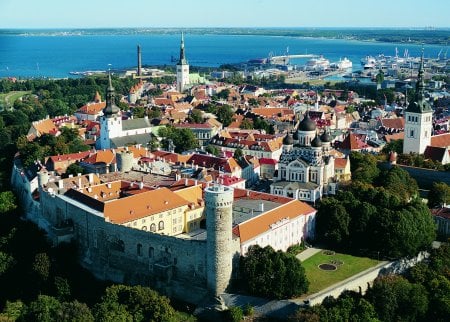
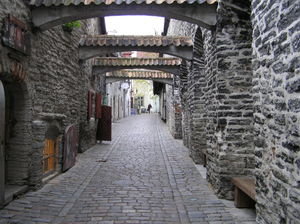
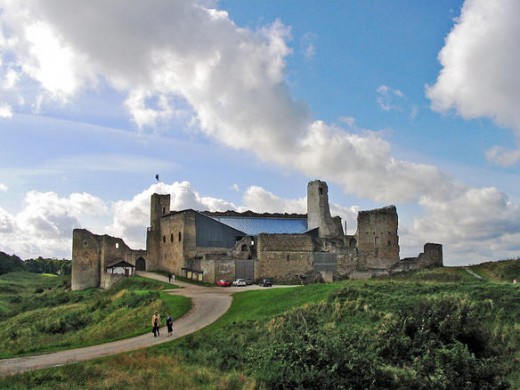

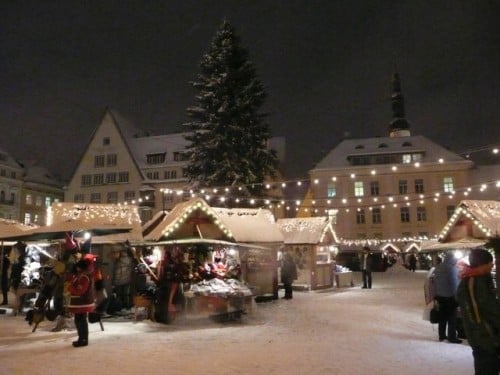
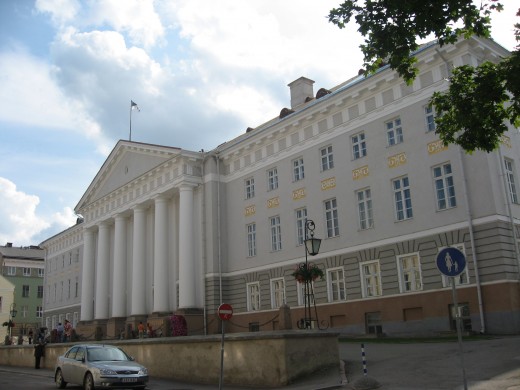
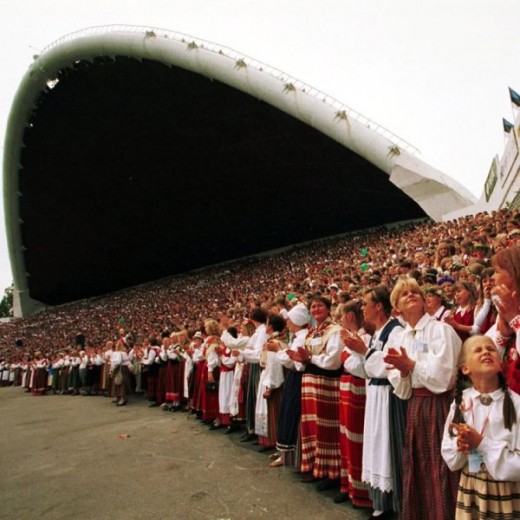
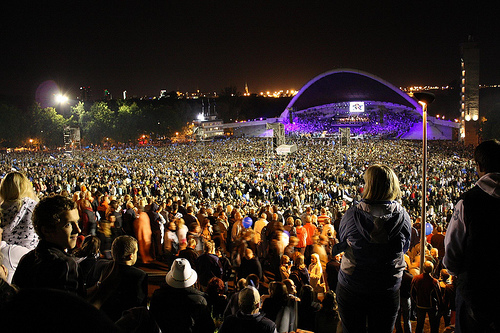

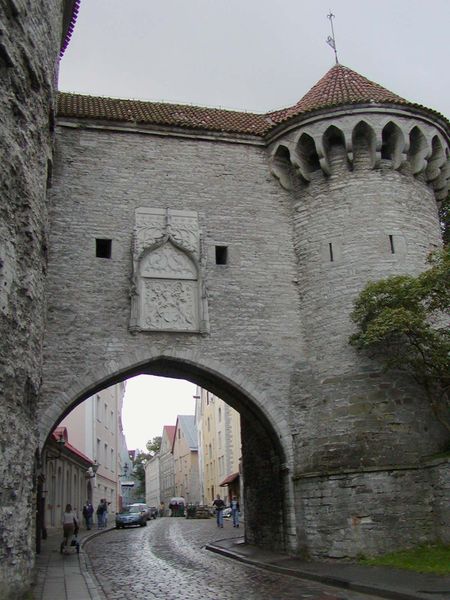
Tere! - Hello!
First, some simple phrases:
- What is your name? - Mis on su nimi?
- My name is Peter - Mu nimi on Peeter.
- My car is a BMW - Mu auto on BMW.
- I am Peter - Ma olen Peeter.
- I am Estonian - Ma olen eestlane.
- I am American - Ma olen ameeriklane.
- I am English - Ma olen inglane.
- I live in London - Ma elan Londonis.
- I live in New York - Ma elan New York'is.
- I live in Paris - Ma elan Pariisis.
- I live in Tallinn - Ma elan Tallinnas.
- I live in a Hotel - Ma elan hotellis.
- I don't speak Estonian - Ma ei räägi Eesti keelt.
- But Estonian is beautiful! - Aga eesti keel on ilus!
- And I speak English - Ja ma räägin inglise keelt.
- Because English is beautiful! - Sest inglise keel on ilus!
- And I speak German - Ja ma räägin saksa keelt.
- German is beautiful! - Saksa keel on ilus!
- I speak French - Ma räägin prantsuse keelt.
- French is beautiful! - Prantsuse keel on ilus!
- What do you drink? - Mida sa jood?
- And what do you eat? - Ja mida sa sööd?
You probably don't know anything about Estonian pronounciation, and to tell the truth, there is none. There is of course the intonation and accent that makes Estonian sound Estonian, but the same letter combinations are always pronounced the same way. In English you have: heat vs head, or peet vs peat, cone vs done vs bone vs love, etc - Estonian has no such tricks.
Here are some examples:
- tomahook is pronounced the same as tomahawk.
- sigaret is pronounced like cigarette
- okei is like okay.
And some syllables that mean nothing:
- tu - two, too, tew
- to - taw
- hu - who
- ho - haw
- po - paw
- vu - voo, vew
- ma - ma
- sei - say
- mai - my
- mei - may
- äm - am
- meik - make, maik
- steik - steak, stake, staik
Õ is pronounced similar to know, home, bone, phone, lone, using the American accent.Ö is pronounced similar to know, home, bone, phone, lone, but with the Brittish accent.
But you can just think of them as a weird O's and pronounce them like O
O is pronounced like the O in home or bone, and like the aw in paw and jaw, and also like talk and walk, and also more, gone, doctor, loch and lock.
Here are some useful everyday phrases:
- Ma lähen baari - I am going to a bar, but also I will go to a bar.
- Ma joon õlut - I am drinking beer, but also I will drink beer.
- Sa oled ilus - You are beautiful.
- Sa oled loll - You are stupid.
- Tahad midagi juua? - Do you want something to drink?
- Tahad midagi süüa? - Do you want something to eat?
- Tahad kuhugi minna? - Do you want to go somewhere?
- Kus sa elad? - Where do you live?
- Kus on hea baar? - Where is a good bar?
- Kus on lähim McDonald's? - Where is the nearest McDonald's?
- Eesti naised on ilusad - Estonian women are beautiful.
- Eesti mehed on rumalad - Estonian men are stupid.
- Eesti inimesed on toredad - Estonian people are nice.
- Eesti õlu on hea! - Estonian beer is good!
- Eesti ilm on alati halb... - Estonian weather is always bad...
- Eesti keel on lihtne - Estonian language is simple/easy.
- Eesti on väike - Estonia is small.
- Õlu on külm - Beer is cold.
- Talved on külmad ja märjad - Winters are cold and wet.
First of all, let's get to what's simple in the Estonian language. Similar to English, Estonian grammar has no gender. Estonian only has the present and the past tenses, no future tense. There's also no progressive/continuous. There are no articles, baar means both a bar, the bar and bar.
Estonian has no prepositions such as in, on, of, to, from etc. Instead, the preposition is part of the word itself (but at the end of the word, not beginning).
Here are some useful everyday words:
- beer - õlu
- cider - siider
- car - auto
- men - mehed
- women - naised
- money - raha
- cheers! - terviseks! (not related to sex in any way)
- hello! - tere!
- goodbye - head aega
- cigarette - suits or just sigaret
- matches - tikud
- price - hind
If you need more words, or want to translate a word from Estonian to English, use:
- http://www.tomahook.net/
(Or for translating more than just words, use http://www.google.com/translate/)
Some Useful Estonian Grammar
- I - mina or ma
- you - sina or sa
- he/she - tema or ta
- this/it - see
- my - minu or mu
- your - sinu or su
- his/her - tema or ta
- its - selle
The short forms are more common, longer ones are used for emphasising.
- I am - ma olen
- You are - sa oled
- He/she is - ta on
- This is - see on
If you want to say you or someone else likes something:
- I like beer - mulle meeldib õlu (literally: to-me is-nice beer)
- You like your car - sulle meeldib su auto (literally: to-you is-nice your car)
- He likes that girl - talle meeldib see tüdruk (literally: to-him is-nice that girl)
- I like cars - mulle meeldivad autod (literally: to-me are-nice cars)
- You like languages - sulle meeldivad keeled (literally: to-you are-nice languages/tongues)
- She likes Estonians - talle meeldivad eestlased (literally: to-her are-nice Estonians)
Some Less Useful Grammar
The Estonian language officially has 13 noun cases in addition to the nominative (which every language has). But don't worry. I'll explain why it's actually simple.
There are only 3 cases that aren't straightforward. The rest 10 are formed using two of these three.
Keep in mind that even English has cases, there's three: the nominative, possessive and objective. In English, only pronouns (I, he, she, we, they) have objective forms: me, him, her, us, them. The possessive is my, your, his, her, our, their, its, and Peter's, John's, Eric's etc.
- who?, whose?, whom? - kes?, kelle?, keda?
- I, my, me - mina, minu, mind
- you, your, you - sina, sinu, sind
- he/she, his/her, him/her - tema, tema, teda
- it, its, it - see, selle, seda
Well, in Estonian, all words behave like that, not just pronouns.
- Who is here? - Peter is here - Peeter on siin
- Whose car is it? - Peter's car - Peetri auto
- Whom do you want? - I want Peter - Ma tahan Peetrit
- Beer is cold - Õlu on külm
- Beer's taste is good - Õlle maitse on hea
- I want beer - Ma tahan õlut.
- My house is big - Minu maja on suur.
- I am in(side) the house - Ma olen majas.
- The car is here - Auto on siin.
- I'm in the car - Ma olen autos.
- I'm going (in)to the car - Ma lähen autosse.
Don't worry, if you learn the the whose? and the whom? of each word, you just have to add a suffix to those, and you'll have all the other cases. Sometimes, one or both of whose? and whom? is the same as the who? form. So for example:
- who? - mother/father - ema/isa
- whose? - mother's/father's - ema/isa
- whom? - mother/father - ema/isa
- who? - car - auto
- whose? - car's - auto
- whom? - car - autot
If you know the whose? form, you know how to say:
- go to the car - autosse
- in the car autos
- come from the car - autost
- give to the car - autole
- take from the car - autolt
- on the car - autol
etc.
(The "who? whose? whom? = kes? kelle? keda?" mapping is an approximation; it is not actually a one-to-one correspondence)

